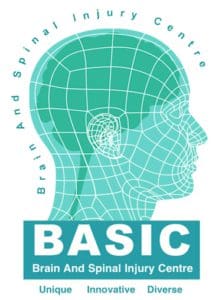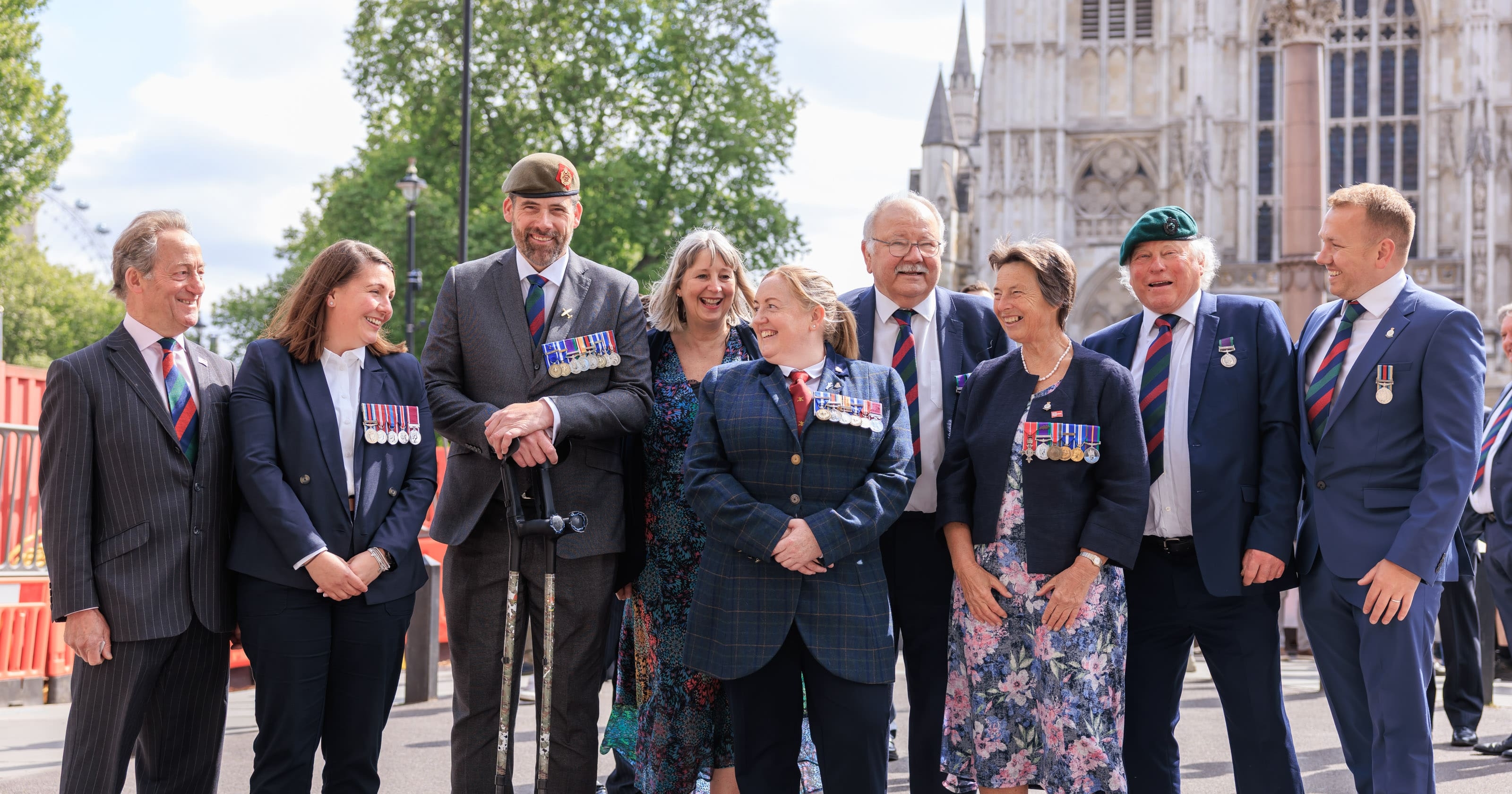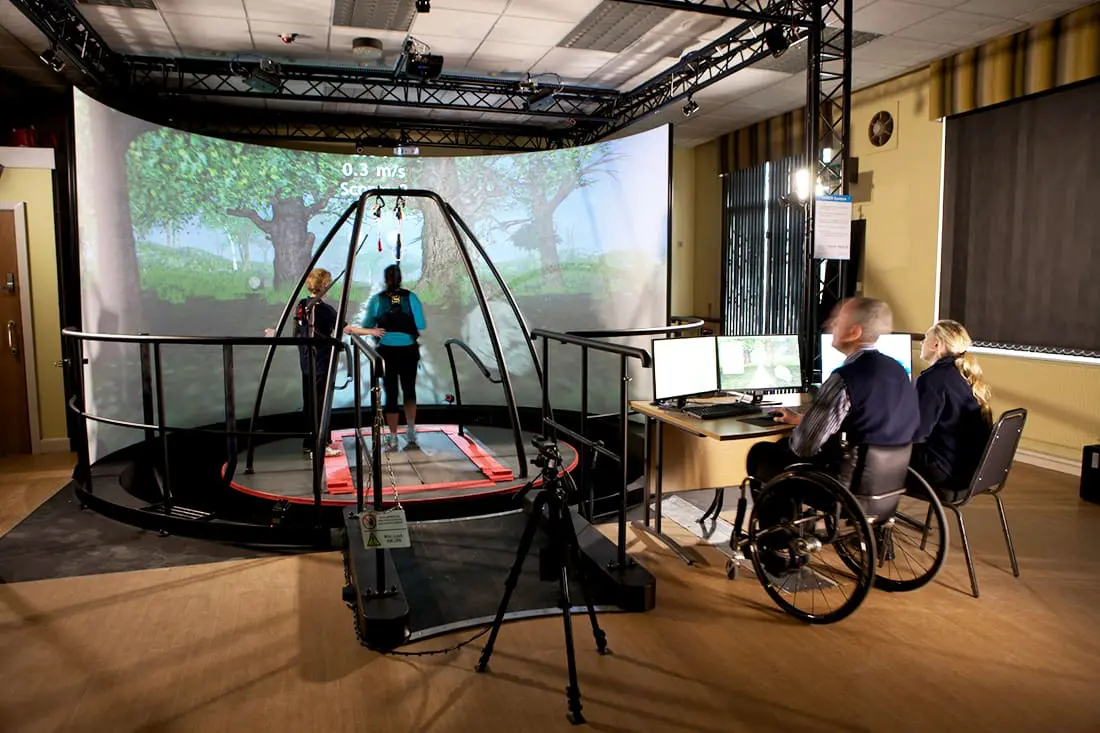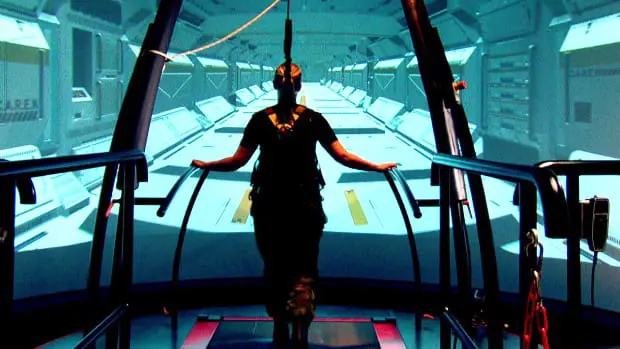 ABF The Soldiers’ Charity is delighted to award BASIC a £10,000 grant to pilot a new novel and psychological therapy, using virtual reality on the Computer Assisted Rehabilitation Environment, to help veterans with enduring PTSD. This marks our second year of support for BASIC and its work with the veteran community.
ABF The Soldiers’ Charity is delighted to award BASIC a £10,000 grant to pilot a new novel and psychological therapy, using virtual reality on the Computer Assisted Rehabilitation Environment, to help veterans with enduring PTSD. This marks our second year of support for BASIC and its work with the veteran community.
Based in Salford, Greater Manchester, the Brain And Spinal Injury Centre (BASIC) exists to maximise independence for those living with a brain or spinal injury. For 32 years, the centre has been providing services aimed at transforming the quality of life for people recovering from head, brain and spinal injuries, and those with long-term neurological conditions.
Virtual reality is an emerging tool to help treat PTSD and appears poised to enter mainstream psychotherapy delivery. Our grant will go towards helping BASIC trial a new treatment incorporating a Computer Assisted Rehabilitation Environment, or CAREN. It uses virtual reality to rehabilitate military personnel in Canada, America and other European countries. The therapy will also use Eye Movement and Desensitising Reprocessing (EMDR) which is a form of psychotherapy to help with recalling distressing images in order to reduce the symptoms of PTSD.
Wendy Edge, CEO of BASIC, said: “We are delighted that ABF The Soldiers’ Charity has supported us a second time. This grant means that we can now pilot an innovative and novel treatment for long-standing Post Traumatic Stress Disorder using trauma therapy combined with virtual reality. This is being trialled by the Canadian military, the Dutch military and by the Welsh Veterans Service. Thank you to The Soldiers’ Charity for giving us a chance to pilot this treatment here in Salford and address some of the devastating symptoms of PTSD that many veterans endure following active service.”
Brigadier (Ret’d) Robin Bacon, Chief of Staff at ABF The Soldiers’ Charity, added: “It is a pleasure that we are able to help BASIC use the latest technology and new, modern methods of treatment in order to assist veterans with their recovery. We look forward to seeing how this pilot project will help the Army family in the future.”



